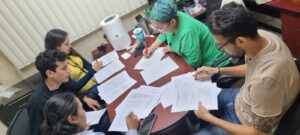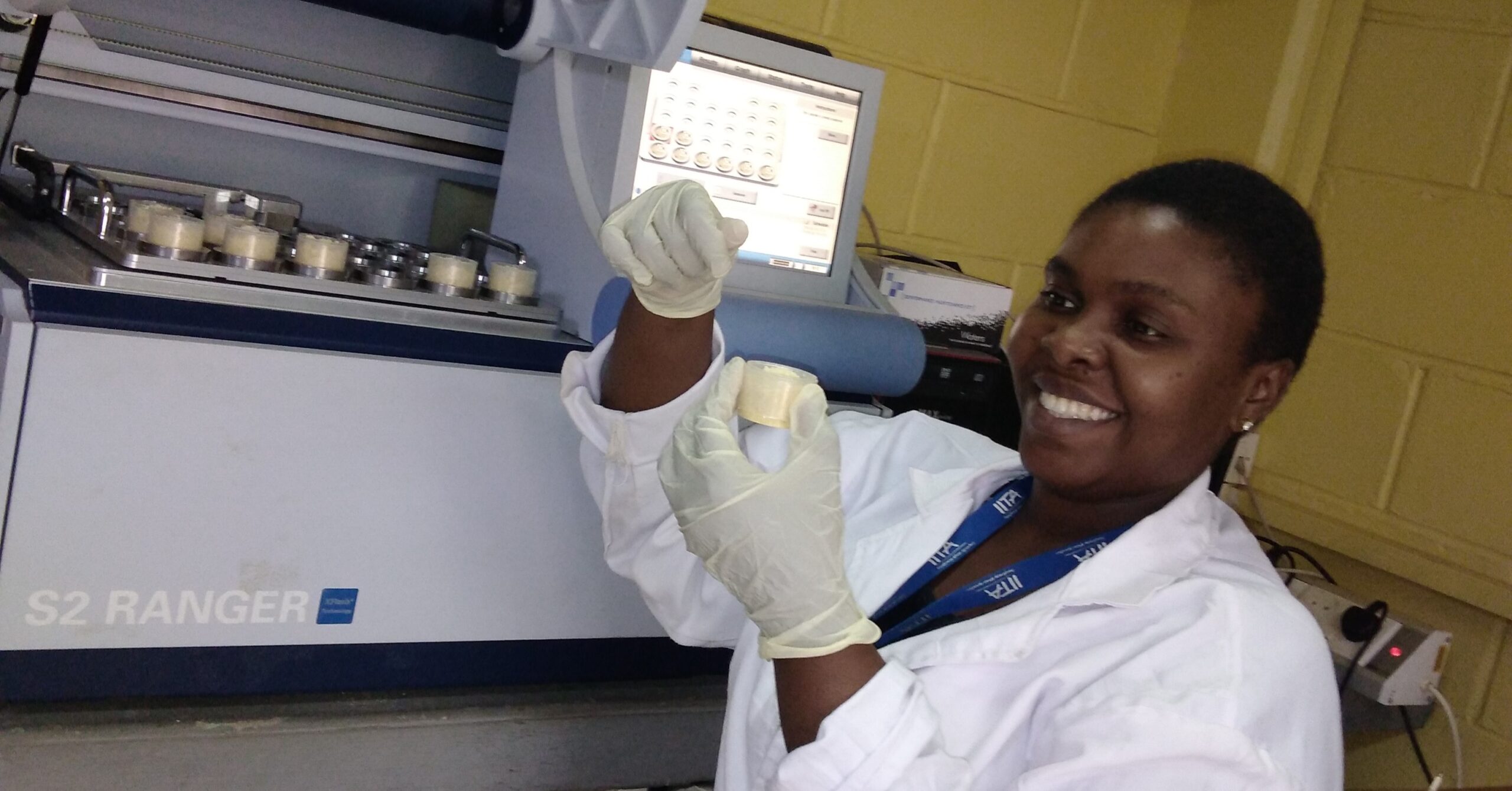
How gender bias is making research careers extra challenging for women: reflecting on Women and Girls in Science Day
If women’s priorities and contributions are substantially missing from knowledge production, then the solutions, products, and technologies developed through research are unlikely to respond to their needs and concerns. The paths of early career researchers (ECR) in the Global South are strewn with obstacles, and entrenched gender bias in many systems and structures is making research an even more challenging career for women. To mark the International Day for Women and Girls in Science, Mai Skovgaard and Tabitha Buchner take a look at five common themes that emerged when taking a gender lens to a survey of almost 8000 ECRs from the Global South.
A lack of time to do research
Women are more likely to experience “lack of time and resources” as an obstacle to doing collaborative research. This resonates with wider experience: across the world, women spend more time than men on unpaid care and domestic work, leaving them with less time for their careers.
“This has been my experience juggling my professional career as a researcher with my family obligations due to the burden of time falling more on me than my spouse. Women experience this ‘time poverty’ more than men.” (Woman, Kenya)
“Many women in my part of the world have to prioritize the family and taking care of children, elderly parents and even patients in the family.” (Man, Pakistan)
Access to networks and opportunities to collaborate are limited
Women are more than twice as likely to believe that women in research get fewer opportunities than men and fewer women than men believe that they have sufficient opportunities to do collaborative research, and to present and promote their work. Women tend to have weaker social capital and can’t access influential networks as easily as men can, as is shown by studies of women’s experiences in research institutions in South Africa and Kenya.
“Many collaboration networks are made up mainly of men, and it’s often relatively easy for [men] to penetrate this ‘boys club’ to be part of existing collaborations and funding opportunities.” (Woman, Kenya)
Because there are fewer women in research than men it is also harder for them to find other women to collaborate with:
“The calls require PhD holders and, in my context, there were fewer females than males with PhDs. If a male was the PI, you will become the co-PI but not be able to direct the study as much.” (Woman, Uganda)
Reward, recognition and pay are lower
Women are less likely to feel that their work is recognised and rewarded, and collaborations, workloads and renumeration aren’t always distributed equally.
“When I was working in South Africa, for consultancies my supervisor would often give me less pay compared to men on the team. He dealt differently with other PhD candidates who were men. In my current role [in Canada] I am also being paid less than what I should be. I think this is related to race and gender.” (Woman, Nigeria)
Systems and structures affect men and women differently
Fewer women like the organizational culture at their workplace, and women were more than twice as likely to have experienced discrimination at their job because of their gender. Academic cultures and environments have traditionally been defined by men and this often leads to women researchers feeling excluded.
“The leadership in the structure is highly male dominated, legislations, regulations and guidelines are developed by men with male gender lenses and with male implementers, the systems as well as the physical environment are not gender sensitive. Lack of information and institutional supports provide less opportunities for most of us.” (Woman, Ethiopia)
While men were more likely to report ‘lack of funding’ and ‘lack of institutional support’ as obstacles to doing research, studies show that women tend to receive lower absolute amounts of research funding than men. Do women face such foundational obstacles to doing research, that funding – an issue that stands out for men – is perceived to be a secondary obstacle?
Support for women in research is uneven and not always accessible
While some researchers identified existing initiatives to support women in research, such as support to students and junior scientists in STEM, fundamental obstacles prevent them from accessing these.
[…] Nearly all calls for funding and collaboration nowadays specifically encourage women and those from minor ethnicities to apply. However, due to their commitment to their household work and family requirements many of them are unable to fully utilize these opportunities.” (Man, Pakistan)
So – what do we do about it?
We’ll only produce relevant research and the best ideas if both women and men are able to thrive in the knowledge ecosystem. That means levelling the field, to ensure that both can
participate in research, and that both have access to opportunities to present and discuss their work. Our global AuthorAID community, led by Southern researchers, offers training, mentoring, and helps early career researchers build their networks. Its flexible, digital nature often helps women to navigate the gate keepers at institutional level.
But of course, this will only take us so far – we need much deeper work to reform research cultures and to ensure that research institutions are inclusive and enabling for women as well as for men. We’re also working with universities who are committed to doing the deeper work to make their classrooms, labs and management more inclusive – our Gender Responsive Pedagogy work, developed with East African academics, has helped to shift attitudes of staff and students, creating more inclusive learning spaces, while our Gender Mainstreaming Toolkit, pioneered by women leaders in Tanzania, has enabled institutions to develop and enhance gender policies, establish gender units, and promote gender awareness across campus. And at national level, partnerships in Uganda and Ethiopia have forged national networks that are bringing women and men together to address gender across the research system.
There’s a common thread to all of these initiatives – they are led by Southern champions, leading change in their own institutions and systems, who understand how to shift attitudes and practices, working boldly but sensitively.
Throughout next week, we will feature some of the many inspiring women in science from the INASP network. We hope you join us in reading their stories in the coming days.
Title image: Enoobong Udo, Nigeria

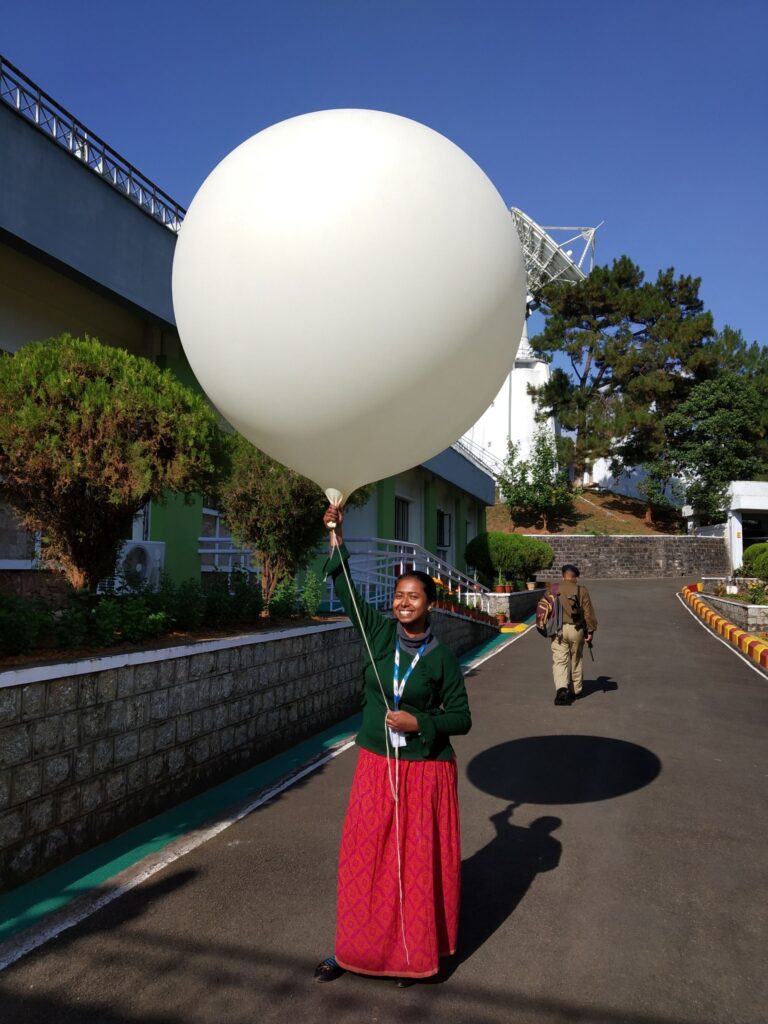
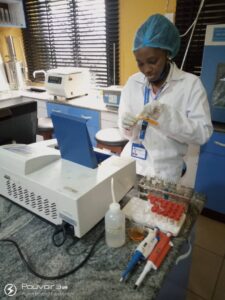
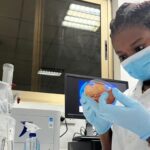 Previous Post
Previous Post Next Post
Next Post

